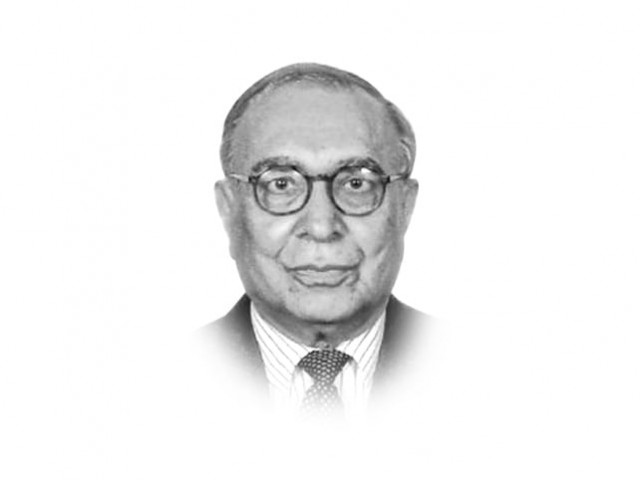Balancing interests in Afghanistan
India-Pakistan rivalry in Afghanistan has a long and vexed history and it will continue indefinitely.

The rearrangement of internal power relations in Afghanistan had grave implications for Pakistan. Ethnicity and religion warranted that its Pashtun tribes provide sanctuary and assistance to the Taliban. Haunted by the fear that the Northern Alliance was implacably hostile to Pakistan, the Musharraf regime played a complex game of being allied to the US-led war on terror and, at the same time, protecting Pakistani interests in a future post-conflict Afghanistan through a Pashtun proxy. India and Iran (together with Russia) had generously assisted the Northern Alliance and saw, in the emerging situation, an opportunity to establish their influence. Because of overall American dominance, Iran opted for creating covertly pockets of influence as in the post-invasion Iraq; India set its sights high on the assumption that the US and Nato would allow it to piggyback on their occupation. It established an impressive network of economic assistance and intelligence services.
For a time, the Indian assumption seemed to be correct. India had forged a strong strategic partnership with the US and expected Washington to prefer a secular and economically powerful India to a volatile and ideologically ambivalent Pakistan. Pakistan’s baggage of ‘strategic depth’ was made to look heavy even when it scaled down its ambitions. India kept on insisting, till very recently, that the Taliban be militarily destroyed before considering any disengagement from active combat.
It was at an enormous cost that Pakistan played itself back into the equation. General Kayani played a dexterous hand at demonstrating Pakistan’s salience in the quest for success in Afghanistan. Together with the political leadership, he carried conviction in Kabul and, to a degree, Washington, that Pakistan would be a source of future stability in Afghanistan. In Century Foundation’s impressive report, Afghanistan: Negotiating Peace, (2011), Lakhdar Brahimi and Ambassador Thomas Pickering observed: “Pakistan — long a champion of an inclusive political settlement — will be critical to the viability of a peaceful resolution...”. Pakistan was gradually getting reconciled to legitimate Indian interests in Afghanistan, though veteran observers of South Asia, Howard and Teresita Schaffer, have just repeated the charge that Pakistan wants to freeze India out of Afghanistan.
There are indications that this slow balancing of interests is threatened by recent events, principally by the strain in Pakistan-US relations in the wake of the Raymond Davis case and the Osama affair. India has opportunistically modified its stand on the Taliban. Realising that Marc Grossman’s emphasis on accelerated negotiations reflects President Obama’s resolve, India now seeks a role in the process of talking to the Taliban. A vocal lobby in the US has resumed citing Pakistan’s fragility and ‘unreliability’ to recommend a bigger role for India. Pakistan has a joint commission with Afghanistan and a core group that adds the US to the two countries as a hedge against this ill-advised lobby, but nothing will constrain Washington’s penchant for secret negotiations of their own, which may seem to be sidelining Pakistan. India-Pakistan rivalry in Afghanistan has a long and vexed history and it will continue indefinitely. What can be done is to manage it better and make it more compatible with the interests of the regional states as the US becomes more responsive to the need for a regional consensus. Perhaps it is time for an informal exchange of views between the foreign secretaries of India and Pakistan to reduce misperceptions.
Published in The Express Tribune, June 6th, 2011.















COMMENTS
Comments are moderated and generally will be posted if they are on-topic and not abusive.
For more information, please see our Comments FAQ